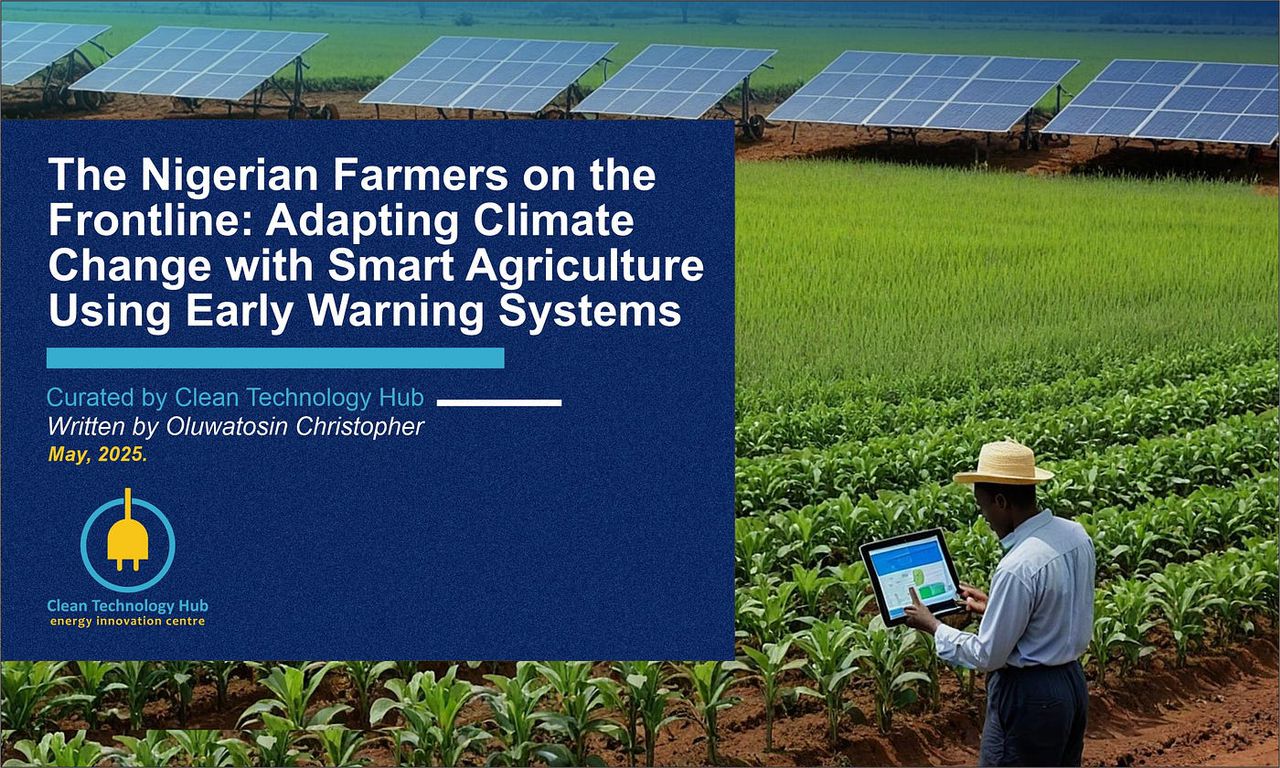National
FG charts new path for climate-smart agribusiness

By Diafa Doubra,
The Federal Government has unveiled a new strategy aimed at transforming Nigeria’s agricultural sector through climate-smart agribusiness initiatives. The move, according to officials, is designed to make farming more sustainable, productive, and resilient to the growing threats of climate change.
The programme is being championed in partnership with the International Fund for Agricultural Development (IFAD) and the Nigerian Meteorological Agency (NiMet), with a strong focus on public-private collaboration. By integrating climate information services into farming practices, the initiative seeks to provide farmers with reliable weather forecasts, early warning systems, and data that will help them plan their planting and harvesting seasons more effectively.
Speaking on the development, government representatives explained that the goal is not just to boost food security but also to ensure that small holder farmers, who make up the bulk of Nigeria’s agricultural workforce, are equipped with the tools to adapt to environmental changes. With rising temperatures, unpredictable rainfall, and frequent flooding, traditional farming methods are increasingly vulnerable, making innovation an urgent necessity.
The government also emphasized that the plan goes beyond crop cultivation. It will extend into livestock, fisheries, and agro-processing industries, creating new opportunities for agripreneurs and encouraging the adoption of sustainable practices. By doing so, the administration hopes to reduce post-harvest losses, improve yields, and generate more jobs, particularly for young people and women.
Officials further highlighted that attracting private sector investment is crucial to the success of the initiative. They encouraged financial institutions, technology providers, and agribusiness companies to partner with government agencies in scaling up climate-smart projects across different states.
“This is a new dawn for Nigerian agriculture,” one official remarked. “We cannot continue to farm the way our grandparents did. Climate change is real, and if we must secure our food future, we have to innovate.”
The government has assured stakeholders that policies will be backed by practical support, including training programmes, access to credit, and subsidies for climate-friendly technologies.













